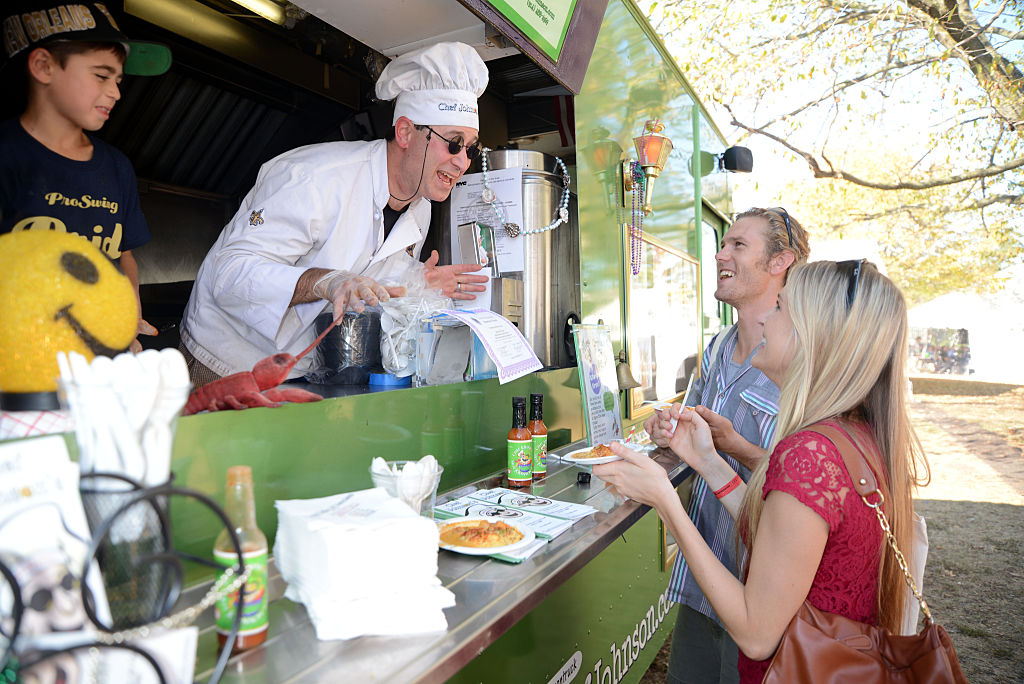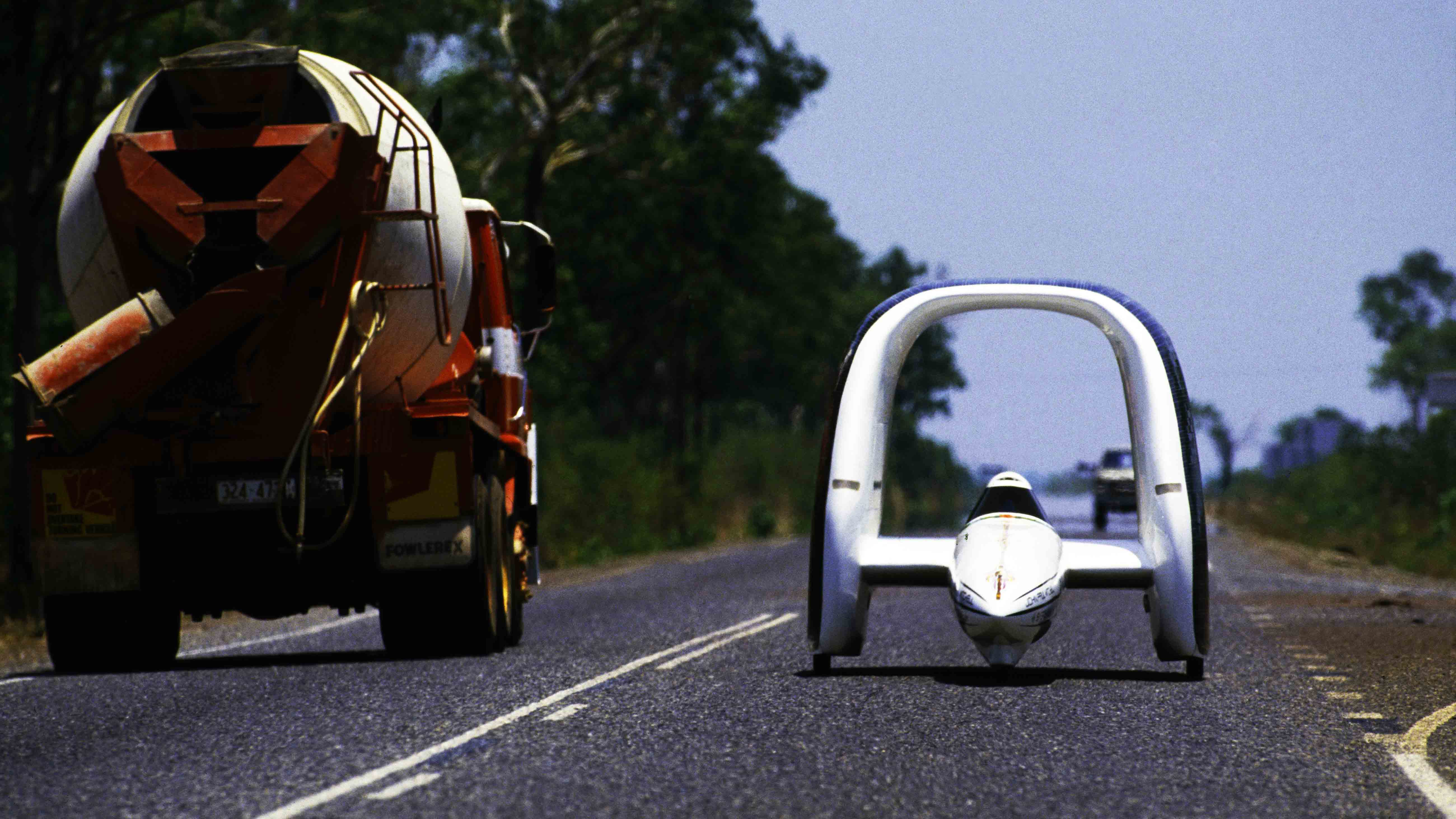When was the last time anyone cared about an Artic research ship? Exactly.
Search Results
You searched for: Internet
The arctic research ship that captured the heart of the internet will NOT be named Boaty McBoatface. And the public is not happy about it.
Our inherent response mechanisms were programmed long ago; implicit biases are reactionary, volatile, largely under the radar of conscious awareness. They do not imply blanket racism.
Emma Seppälä, Ph.D says that multi-tasking makes us unhappy and less productive. Leo Babauta of zen habits provides concrete strategies for applying these ideas of mindful single-tasking to our relationships with our email accounts.
Some parents are diagnosing their attention-deficient children as heavenly beings thanks to Internet blogs.
A list debunking commonly believed falsehoods, misconceptions and just bad ideas.
There is software that can track drones in open areas, but none that can do so in tight-knit, urban ones.
Email takes up a lot of our time and often results in little real work getting done at the end of the work day. Many enterprises are finding the less it’s used, the less time gets wasted. Productivity goes up and stress goes down.
One Alabama library is demanding jail time for late books. How is this happening in a nation that’s reading less and less?
Wikipedia collects its most unusual articles on a single, weirdly absorbing page.
On this week’s episode of Think Again, comedian Chris Gethard talks about authenticity and the hunger for small communities in the age of Big Internet.
Nathan Eagle is the CEO of Jana, and its product is the mCent app. It addresses two issues facing emerging markets: giving users the ability to access the internet for free and helping connect major corporations with its next billion potential customers.
The work of Kremlin-approved philosopher Alexander Dugin provides key insights on the longterm strategy behind Russian hacks of the American elections.
Some fear we are meddling with forces too powerful for human control.
Neil deGrasse Tyson proposed an ideal form of government and caused a viral debate.
Allow me to paste a new label onto our country’s most-labelled demographic the Millennials: the food truck generation. 47 percent of Millennials have eaten from a food truck, making them the most likely patrons of those mobile establishments that their parents were more apt to refer to as “roach coaches” or “gut trucks.” Food trucks have been around in some form or another for most of the 20th century, but they were more culturally recognizable as fixtures of isolated workplaces like manufacturing plants and construction sites.
Today, food trucks are estimated to be a $2.7 billion industry and have been reappropriated into a younger, more affluent, more urban cultural ethos. The mass migration of Millennials into cities mirrors to some extent the proliferation of the food trucks on those same city street corners. With their DIY sensibility and appealing sort of grubbiness, food trucks cater to younger folks who have come to search for “authenticity” in their brands – or rather products that give the appearance of being “brandless”. So is it that the proclivities of these young hip urbanized eaters have spurred the rise of the gourmet-food-truck phenomenon? Or is there a larger force that has shaped both the landscape of the restaurant industry and Millennial tastes at once?
New research combines what we know about the mental health benefits of walking with avoiding family dysfunction and saving our minds from technological distraction.
The Chairman of the FCC is proposing significant new rules that allow consumers to better protect their data from ISPs.
Alphabet and Facebook are working get two-thirds of the world online by beaming internet down from unmanned crafts flying in the stratosphere. But before Alphabet and Facebook can execute its programs, these companies may have to get over some regulatory hurdles.
What will the city of the future look like? Alphabet’s Sidewalk labs plans to find out. The company will soon present plans to Alphabet CEO Larry Page for building a techno-utopia from the ground up.
Scientists discover that a hidden underground network of fungi allows carbon to go from one tree to another.
Google has been testing a new kind of Internet-delivery system out in New Mexico. Project Skybender would not only beam down Internet from the skies through solar-powered drones, but also provide speeds 40 times faster than 4G LTE.
In a row over how to bring Internet access to India’s poorest, Facebook almost sounds colonial.
Innovation is all about people. And the world of innovation is a world in which humans define what is new and accepted and embraced.
An estimated 10 percent of the world’s population doesn’t have access to the Internet. Facebook’s Connectivity Lab is trying to find a way to bring isolated communities online, but in order to do so, it needs to know where they live.
Rabble-rousing politicians may be uniquely benefitting from the Information Age.
What is former President Bill Clinton’s election endorsement worth to people who were toddlers or teens during his time in office?
Any normal person with a smartphone would take a picture of an aurora and post it on social media, which is what led Elizabeth MacDonald and Nathan Case to found the Aurorasaurus website. Since scientists can’t be everywhere at all times to spot these auroras, they rely on social media to do it for them.
When Copernicus put the sun at the center of the solar system in 1543 instead of the Earth, it dealt a major blow to the self-esteem of people who needed to be at the center of it all.
▸
2 min
—
with





























